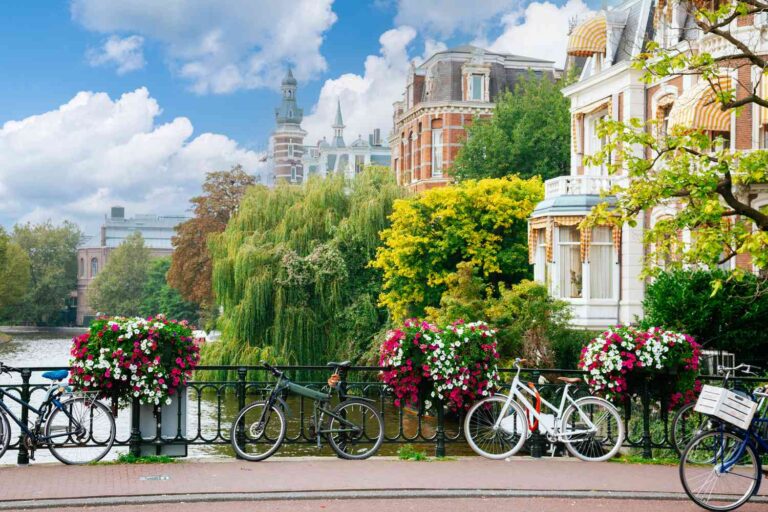The city of Amsterdam will ban almost all new hotels and limit the number of tourists allowed to stay each year in its latest move to combat overtourism.
Amsterdam will now ban the construction of new hotels unless other hotels close, according to a statement from the city government. New hotels must be more modern or sustainable, and the city is encouraging developers to choose locations outside the city.
The new rules do not apply to hotel projects that already have permits.
Additionally, the city of Amsterdam plans to limit the number of hotel nights to 20 million, which is 660,000 more than the total number of hotel nights in 2023 (not including vacation rentals, B&Bs, and cruises). 5,000 fewer nights.
“We want to create and maintain a liveable city for residents and visitors,” the Amsterdam municipality wrote. “This means no overtourism, no new hotels and no more than 20 million hotel nights per year by tourists.”
This year, Amsterdam also raised its tourist tax to 12.5%. This tax applies to travelers staying overnight or visiting on a cruise ship.
Amsterdam is not alone in trying to ease the burden of overtourism. The Italian city of Venice wants to impose fees on day-trippers and limit the number of travelers allowed in tour groups. Similarly, Iceland is planning to introduce a tourism tax to support climate change and sustainability goals, and Athens, Greece, last summer saw 20,000 daily visitors to its famous Acropolis. A pilot program was tested to limit the
Outside Europe, the Japanese city of Kyoto has banned non-residents from some private alleys in its red light district to combat overcrowding and misbehaving tourists. And in the U.S., the governor of Hawaii recently announced a $25 fee when tourists arrive and check into hotels and short-term rentals, with the proceeds going toward beach preservation, firebreaks and other preventive measures. I made a proposal.

